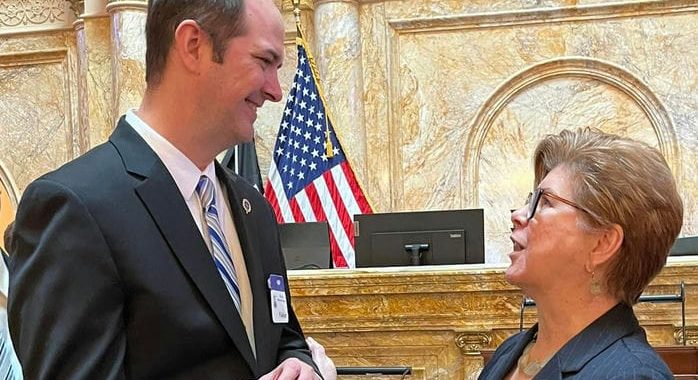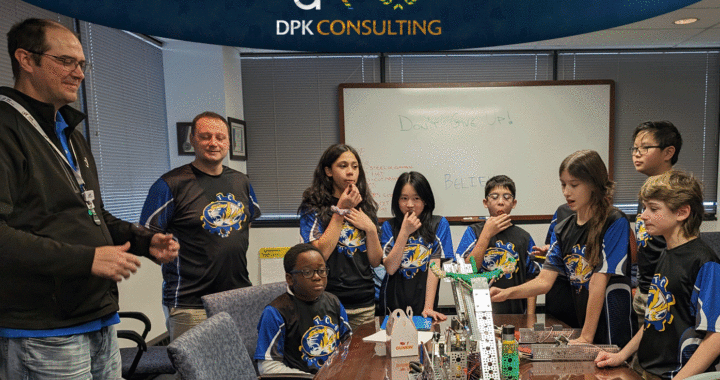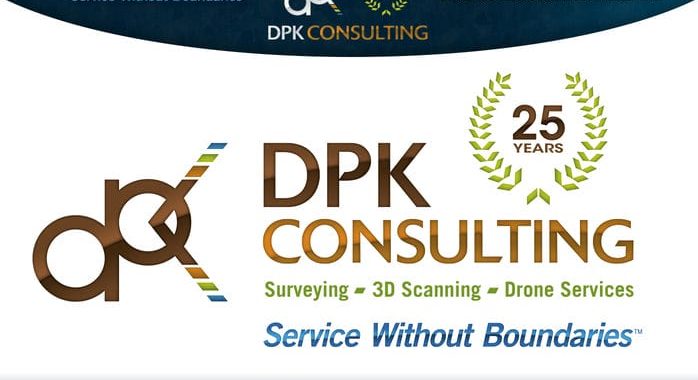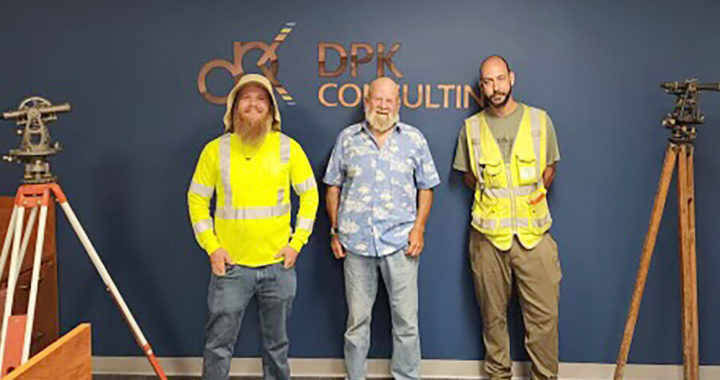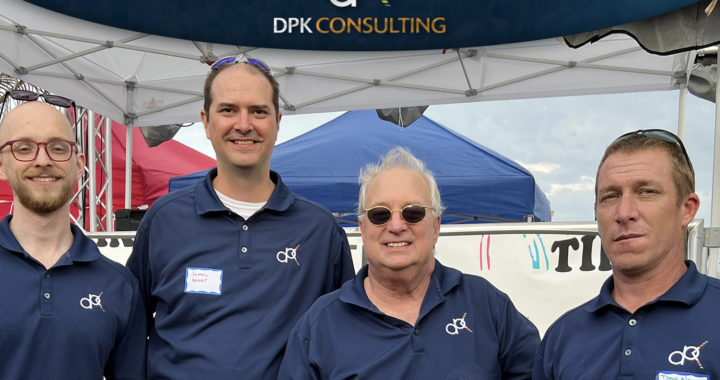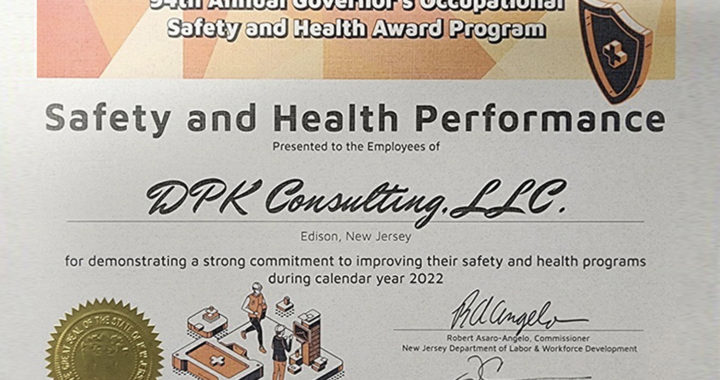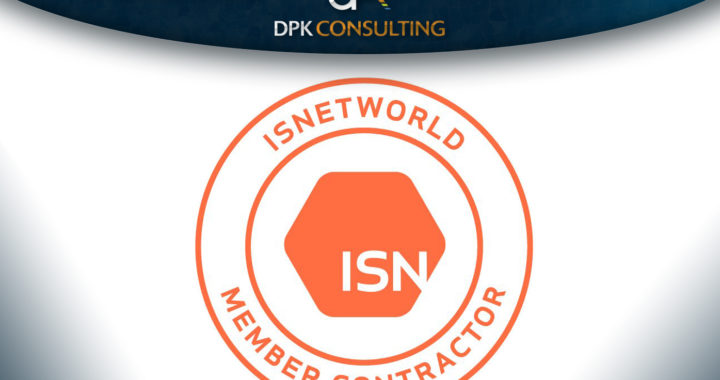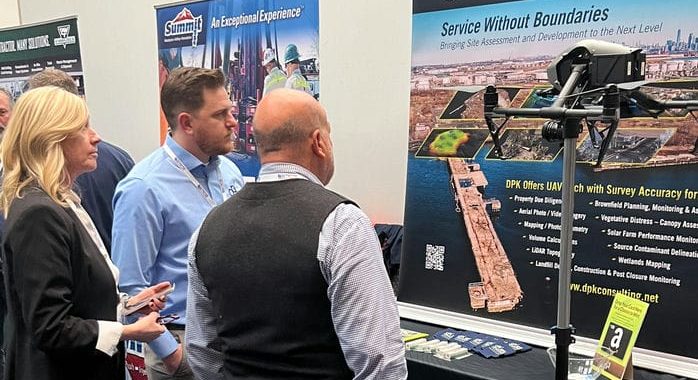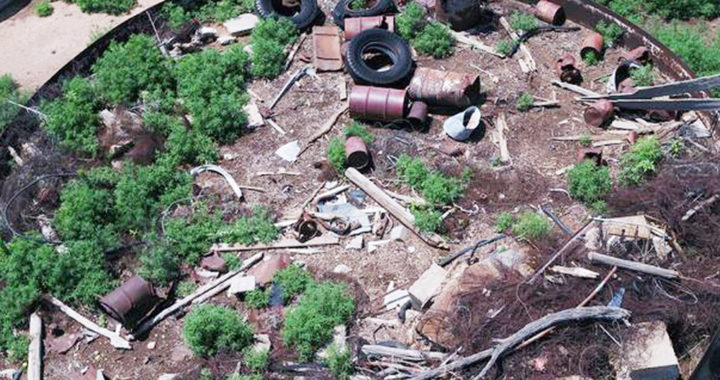I met Tim Hydrusko at the annual New Jersey Society of Professional Land Surveyors (NJSPLS) SurvCon event in February. Tim is a veteran surveyor of more than 20 years who is enjoying the “giving back” stage of his life. He volunteers with Habitat for Humanity every week. He recently earned a license to teach scuba diving. He travels the world with his five grandchildren, crossing off bucket list destinations along the way.
Tim and I instantly connected because we share a concern about the long-term, overall health of the commercial surveying industry. With 50 to 60 surveyors retiring each year and only about seven to 10 new surveying licenses being issued annually, a worsening talent shortage is looming if we don’t take action.
Although you need a four-year degree to get a surveying license in the State of New Jersey, you can’t just go to school to become a surveyor. Tim and I share the view that we as an industry need to be more proactive and creative about bringing more people to the surveying profession and training new surveyors.
I knew Tim would be the perfect person to embrace the newly created role of Director of Survey Education at DPK Consulting. Tim’s experience and perspective are critical as we build and expand our internship program and empower young surveyors to be successful.
Surveying firms no longer can simply recruit experienced surveyors whose numbers are dwindling. To sustain and grow the industry and deliver quality work for clients, there needs to be a commitment to training green surveyors from the ground up. That’s why we at DPK launched our internship program and are so excited to have Tim on board.
Learning by Doing – and Listening
Our goal is to use our internship program to educate new employees and assimilate them to the DPK culture. We want to teach them the DPK way when they’re sponges seeking information to absorb instead of making them unlearn deeply engrained bad habits.
More than learning the technical aspects of the profession, we want new surveyors to understand how to solve problems and make sound decisions in different types of circumstances. This is only achieved through real-world experience in the field under the guidance of a seasoned veteran.
Tim recalls a pattern from his surveying career in which a field crew of three typically included one person who understood how to get the job done and two who needed help. Through consistent mentoring, an experienced mentor can provide the one-on-one training necessary to enable an individual who needs and wants help to succeed. A mentor can also make the determination that an inexperienced individual might not be cut out for this type of work.
Tim is a can-do professional who teaches young surveyors that there’s a solution to every problem if you’re willing to dig deep enough to find it. You need to have the mindset and attitude to overcome the obstacle instead of letting the obstacle defeat you.
Real-World Impact of Real-World Training
Derek Magruther came to DPK with about a year of experience holding a rod and prism. We wanted Derek to be on his own as quickly as possible, so we sent him to out to smaller job sites with Tim.
At one point, Derek couldn’t find some of the property markers required to complete the job. Tim showed him how to use the GPS to find the corners. Instead of calling the office or failing to gather the information he needed, Derek was able to get the job done. More importantly, he learned how to solve a simple problem by overcoming obstacles in a real-world scenario.
Tim isn’t teaching Derek how to push buttons. He’s showing him why to push buttons, when to push them, and what problems can be solved by pushing them situationally. That’s the benefit of working directly with someone like Tim who has seen just about every curveball imaginable.
According to Derek, working with Tim has been tremendously helpful in building his self-confidence. He’s learned how to approach challenges with the right mindset, make smart decisions in the moment, and apply best practices like an experienced pro.
DPK’s Commitment to Sustaining and Growing the Industry
Ideally, an internship program will enable inexperienced surveyors to learn more quickly, thrive and become future mentors of young talent. Through their own mentoring, they’ll reinforce and strengthen their own technical and problem-solving skills, creating a continuous cycle of teaching and improvement.
To support this process, we’ve defined what we want a DPK employee to be. We look for certain qualities when recruiting to ensure the people we hire fit the profile. We’ve also revamped our performance review process so we can measure each individual against that profile. This will help us feed the right talent into our internship program and continue to develop that talent in a way that benefits DPK, our clients, the young professional, and the industry as a whole.
As President-Elect of NJSPLS, I’m looking for ways to elevate and grow commercial surveying throughout New Jersey. This will require more firms to adopt internship and mentoring programs that identify and groom the next generation of surveyors to fill the talent pipeline.
Right now, retiring surveyors outnumber the new surveyors. We can close the gap – not just DPK, but all surveying companies. We can do this by looking beyond our own success and contributing to the success of the greater good.
We also need more people like Tim Hydrusko to share their knowledge with new surveyors. As Tim puts it, if surveying was good to you, it’s time to give something back because the industry needs you.
Let’s commit to growing the surveying industry and, at the same time, developing talent capable of delivering better results for our clients. After all, there is no greater reward than a satisfied client.


